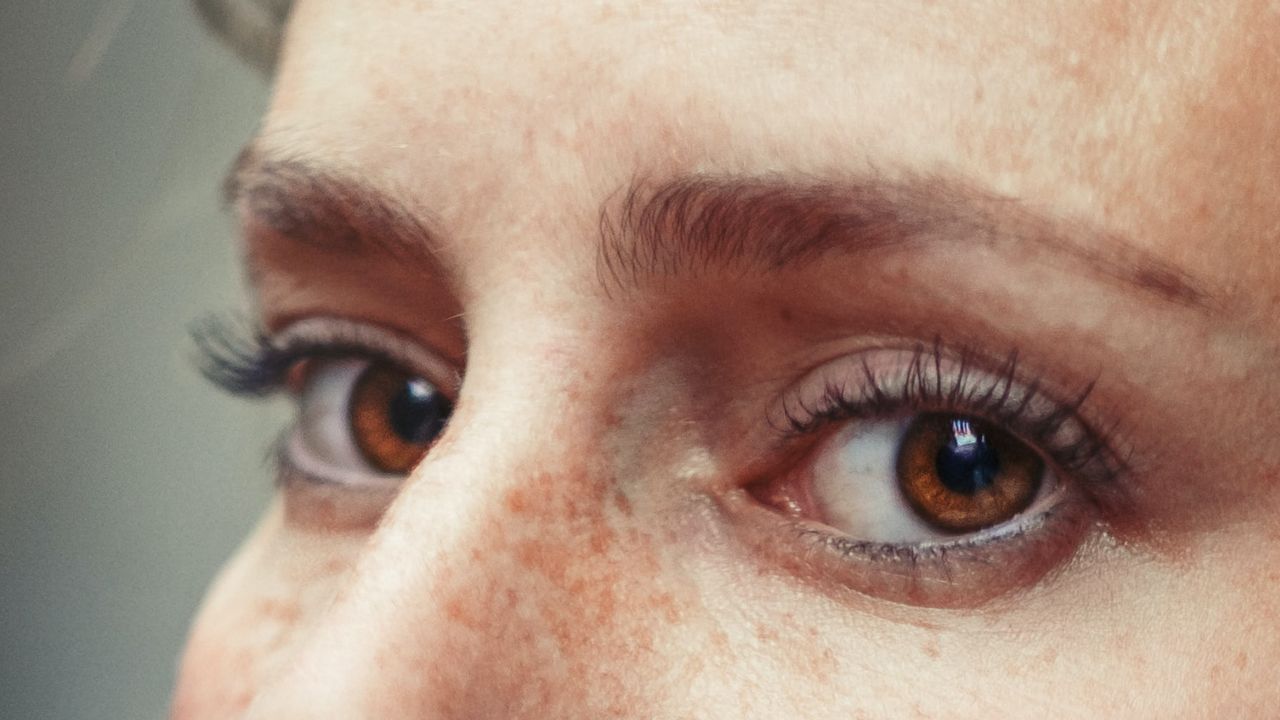Bearing Witness: What Do We Do With What We See, Hear, and Understand?
Apr 11, 2023
The past several months, I’ve been circling round and round the idea of bearing witness. What does it mean to bear witness? Do we only bear witness to sorrow and grief? Or do we bear witness to one another’s joys and longings and delights, too? What makes it possible for us to bear witness in some circumstances and not others? If both harm and healing take place in relationship, what role does bearing witness play in maintaining a relational space that can hold space for naming harm and also allow our healing journeys to unfold?
Jewish communities around the world have recently spent intentional time reflecting on the story of the exodus as part of celebrating Passover. And as I have conversed with friends about various nuances in their experiences of these celebrations, I have been struck again by the variety of ways bearing witness plays out in the stories that open the book of Exodus in the Hebrew Bible.
A therapist recently summarized bearing witness to me this way: “Bearing witness is to see, hear, and understand.” These three actions are embodied by God (Elohim) when the people are groaning in their slavery. God hears (shema), God sees (ra’a), and God knows, or takes notice (yada‘).
Seeing, as you may imagine, is no simple activity. It is about paying attention. What do we see? What do we see, but not really see? What does our seeing lead us to? In Exodus 1, the midwives are told by the Pharoah to “see” as the means to determine which babies to kill. Moses’ mother is described in Exodus 2 as “seeing” that he was a fine baby and hiding him. Pharoah’s daughter “sees” the basket, and then opens it and “sees” Moses inside. Moses then grows up and “sees” the oppression of his kinsfolk and “sees” an Egyptian beating on of them. Then “seeing” that no one was watching, he kills the Egyptian and hides his body in the sand. That same Moses, whose life had been saved by being “seen” and who had taken life after “seeing,” is then described in the following chapter as “seeing” a bush that is aflame but not consumed (but only after the angel of the LORD “is seen” or “appears” to him). In the course of the conversation that follows, the LORD explains to Moses, “I have indeed seen” the affliction of my people. As the story unfolds, we catch a glimpse of this seeing as what gets the whole “deliverance out of bondage” ball rolling.
Seeing, it seems, does not automatically facilitate doing good. Seeing provides an opening into an opportunity for discernment, a chance to wrestle with ethical dilemmas. To make hard and courageous decisions, to take risks, to mess up, and to somehow open your eyes and look again.
Perhaps hearing and knowing are similar? Knowing something or taking notice of a particular person or situation opens the opportunity to make a choice of how we will respond. Hearing opens a world of possibilities—for both harm and healing; and those who listen are faced day after day with the question of what we will do with what we’ve heard.
In Exodus 4, the narrator tells us that Moses approached his father-in-law to say he wants to go and “see” if his kinsfolk are still alive. His father-in-law says, “Go!” “I wish you well.” (literally, “to wholeness/wellbeing/shalom”).
It is no simple task today to decide what to see, how and when to listen, who to take notice of. Seeing, hearing, understanding—these are all pregnant with possibilities for both harm and healing. Reflecting on this makes me want to go out and grab the shoulders of the people I do life with, look them straight in the eyes, and say, “Go see, go hear, go take notice; I trust your keen eyes, your soft listening hearts, your open curious minds. I wish you well in your journey of discernment. I pray you find the courage to make hard decisions, and have the guts to name it when you make a mistake that hurts someone. Your seeing and hearing and understanding, the ways you have born witness to me, have been life-giving. May you also be seen and heard and understood in ways that bring you more fully alive.
Author: Jody Washburn

